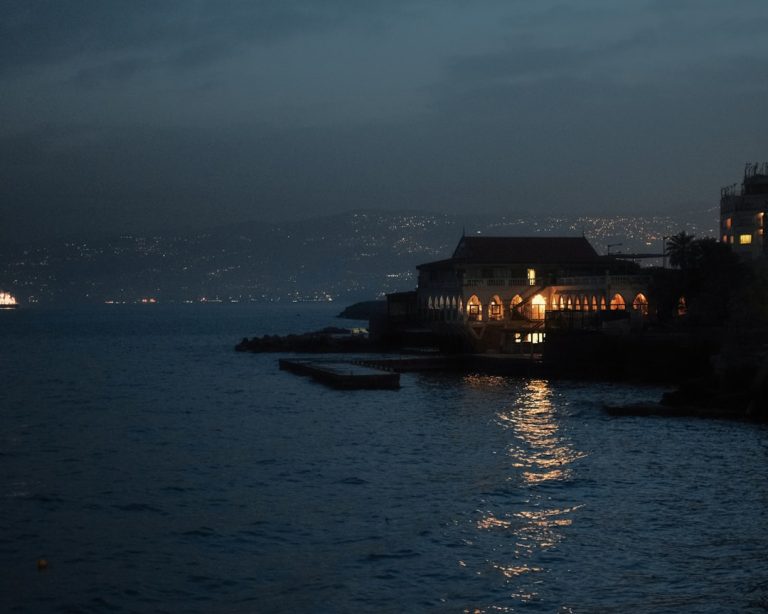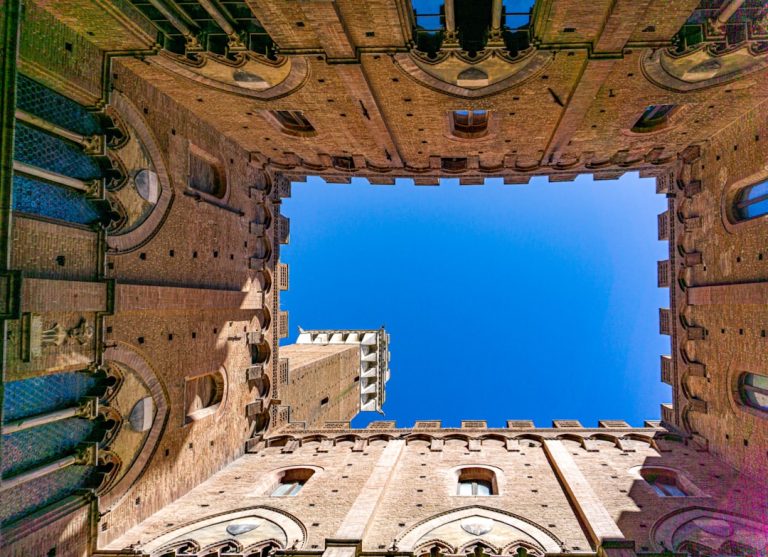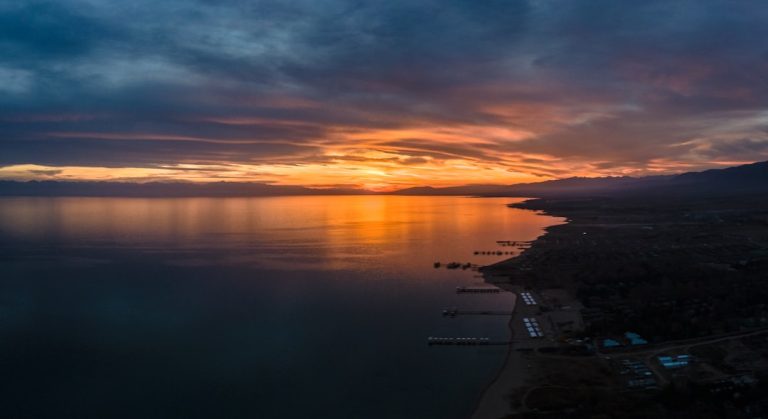
Nestled on the west coast of Central Africa, Gabon is a nation characterized by its rich biodiversity, vibrant culture, and stunning landscapes. Bordered by the Atlantic Ocean to the west, Cameroon to the north, and the Republic of the Congo to the east and south, Gabon covers an area of approximately 267,668 square kilometers. The country is often referred to as a hidden gem of Africa, largely due to its relatively low population density and extensive natural reserves.
With a population of around 2 million people, Gabon boasts a unique blend of ethnic groups, languages, and traditions that contribute to its cultural tapestry. Gabon gained independence from France in 1960, and since then, it has developed a reputation for political stability compared to many of its neighbors. The capital city, Libreville, serves as the political and economic hub of the country, while other cities like Port-Gentil and Franceville play significant roles in commerce and industry.
Gabon’s economy is heavily reliant on oil exports, but the government has made strides in promoting ecotourism and sustainable development, recognizing the importance of preserving its natural heritage for future generations. This commitment to conservation is evident in the establishment of numerous national parks and protected areas that showcase the country’s extraordinary wildlife and ecosystems.
Key Takeaways
- Gabon is a country located on the west coast of Central Africa, known for its rich biodiversity and stunning natural landscapes.
- The country is home to a diverse range of wildlife, including forest elephants, gorillas, and chimpanzees, and boasts several national parks and reserves for conservation efforts.
- Gabon is also rich in cultural and historical sites, such as the Lopé National Park and the famous rock engravings at Iboundji.
- The country’s coastline is dotted with beautiful beaches and coastal areas, offering opportunities for relaxation and water activities.
- Visitors to Gabon can also enjoy a variety of adventure and outdoor activities, including hiking, fishing, and birdwatching, amidst the country’s stunning natural scenery. Additionally, the local cuisine offers a delightful array of flavors and dishes, influenced by both African and French culinary traditions.
Unique Wildlife and National Parks
Gabon is often celebrated for its remarkable wildlife, which includes a diverse array of species found in its lush rainforests and coastal regions. The country is home to over 600 species of birds, 200 species of mammals, and countless reptiles and amphibians. Among its most iconic inhabitants are the western lowland gorillas, forest elephants, and various species of monkeys.
The presence of these animals is a testament to Gabon’s commitment to conservation and biodiversity. The national parks of Gabon are among the most significant in Africa, with 13 parks covering approximately 11% of the country’s land area. One of the most notable is Loango National Park, often referred to as “Africa’s Last Eden.” This park is unique for its combination of coastal ecosystems, mangroves, and savannahs.
Another remarkable park is Ivindo National Park, which is home to the stunning Kongou Falls and rich biodiversity, including rare species such as the black colobus monkey. In addition to these parks, Gabon has made significant efforts to promote ecotourism as a means of both preserving its natural resources and providing economic opportunities for local communities.
Guided tours led by knowledgeable local guides offer visitors an immersive experience in Gabon’s pristine environments. These tours often include wildlife tracking expeditions, birdwatching excursions, and opportunities to learn about traditional practices from indigenous communities. The combination of breathtaking landscapes and unique wildlife makes Gabon a prime destination for nature enthusiasts and adventure seekers alike.
Cultural and Historical Sites

Gabon’s cultural heritage is as diverse as its natural landscapes, with over 40 ethnic groups contributing to a rich tapestry of traditions, languages, and art forms. The Fang people are one of the largest ethnic groups in Gabon and are known for their vibrant music, dance, and traditional ceremonies. Their art often features intricate carvings and masks that hold significant cultural meaning.
These artistic expressions are not only visually striking but also serve as a means of storytelling and preserving history. Historical sites in Gabon provide insight into the country’s past and its colonial legacy. One such site is the National Museum of Arts and Traditions located in Libreville.
This museum showcases a vast collection of artifacts that reflect Gabon’s cultural diversity, including traditional masks, sculptures, textiles, and musical instruments. Visitors can gain a deeper understanding of Gabonese culture through exhibitions that highlight the significance of these items in daily life and ceremonial practices. Another important historical site is the town of Franceville, which played a crucial role during the colonial era as a center for trade and administration.
The town features colonial architecture that tells the story of Gabon’s past interactions with European powers. Additionally, the nearby Lambaréné is famous for its connection to Albert Schweitzer, a Nobel Peace Prize laureate who established a hospital there in the early 20th century. His legacy continues to influence healthcare in Gabon today.
Beautiful Beaches and Coastal Areas
| Beach Name | Location | Rating |
|---|---|---|
| Whitehaven Beach | Whitsunday Island, Australia | 9.5/10 |
| Grace Bay Beach | Providenciales, Turks and Caicos | 9.4/10 |
| Navagio Beach | Zakynthos, Greece | 9.3/10 |
| Anse Lazio | Praslin, Seychelles | 9.2/10 |
| Seven Mile Beach | Grand Cayman, Cayman Islands | 9.1/10 |
Gabon’s coastline stretches for over 800 kilometers along the Atlantic Ocean, offering some of the most pristine beaches in Africa. The beaches are characterized by golden sands framed by lush tropical vegetation and are often less crowded than those found in more tourist-heavy destinations. One of the most popular beach areas is Pointe Denis, located just across the estuary from Libreville.
This idyllic spot is known for its clear waters, palm-fringed shores, and opportunities for water sports such as kayaking and snorkeling. Another stunning coastal area is Loango National Park’s beaches, where visitors can experience a unique blend of wildlife viewing and relaxation by the sea. The park’s beaches are not only beautiful but also serve as nesting grounds for endangered sea turtles.
During nesting season, visitors can witness these magnificent creatures laying their eggs in the sand—a truly unforgettable experience that highlights Gabon’s commitment to conservation. The coastal regions also offer opportunities for fishing enthusiasts. The waters off Gabon’s coast are teeming with marine life, including various species of fish such as barracuda, snapper, and tuna.
Local fishermen often welcome visitors to join them on fishing expeditions or to learn traditional fishing techniques passed down through generations. This interaction with local communities provides a deeper appreciation for Gabon’s maritime culture while enjoying its stunning coastal scenery.
Adventure and Outdoor Activities
For those seeking adventure, Gabon presents an array of outdoor activities that cater to thrill-seekers and nature lovers alike. The country’s diverse landscapes provide ample opportunities for hiking, kayaking, and wildlife observation. One popular activity is trekking through the dense rainforests of Ivindo National Park, where visitors can explore hidden waterfalls and encounter unique flora and fauna along well-marked trails.
Kayaking along Gabon’s rivers offers another exhilarating way to experience its natural beauty. The Ogooué River is particularly famous for its scenic views and abundant wildlife. Paddling through this river allows adventurers to spot crocodiles basking on riverbanks or observe colorful birds flitting between trees.
Guided kayaking tours often include stops at remote villages where travelers can engage with local communities and learn about their way of life. For those interested in more adrenaline-pumping activities, Gabon also offers opportunities for zip-lining through treetops or participating in canopy walks that provide breathtaking views of the rainforest below. These experiences not only provide an adrenaline rush but also foster a greater appreciation for the intricate ecosystems that thrive within Gabon’s national parks.
Local Cuisine and Culinary Delights

Gabonese cuisine reflects the country’s rich cultural diversity and abundant natural resources. Traditional dishes often feature ingredients such as cassava, plantains, yams, fish, and various meats prepared with local spices that create unique flavors. One staple dish is “Poulet Nyembwe,” which consists of chicken cooked in a sauce made from groundnut (peanut) paste—an essential ingredient in many Gabonese recipes.
Seafood plays a significant role in Gabonese cuisine due to its extensive coastline. Grilled fish seasoned with local spices is a common dish enjoyed by many locals and visitors alike. The coastal city of Port-Gentil is particularly known for its fresh seafood markets where one can find an array of fish caught daily by local fishermen.
Street food culture thrives in Gabon as well, with vendors offering delicious snacks such as “Akassa,” a fermented cassava dish served with spicy sauces or grilled meats. These quick bites provide an authentic taste of local flavors while allowing visitors to immerse themselves in everyday life in Gabonese cities.
Restaurants in urban areas like Libreville offer diverse menus that cater to various tastes while still highlighting Gabon’s culinary heritage. This fusion creates an exciting dining scene that reflects both tradition and innovation. Gabon’s culinary landscape is not just about food; it also encompasses social gatherings where meals are shared among family and friends.
These communal dining experiences foster connections between people while celebrating Gabonese culture through food—a true testament to the importance of cuisine in everyday life. In summary, Gabon stands out as a destination rich in natural beauty, cultural heritage, adventure opportunities, and culinary delights. Its commitment to conservation ensures that future generations will continue to enjoy its unique wildlife and landscapes while experiencing the warmth and hospitality of its people through their vibrant traditions and cuisine.
If you’re intrigued by the diverse landscapes and cultural insights provided in our article on Gabon, you might also enjoy exploring another gem of the natural world. Consider reading about Dominica, an island known for its lush rainforests and extensive natural parks. Like Gabon, Dominica offers a unique blend of natural beauty and intriguing cultural heritage. Discover more about what Dominica has to offer by visiting Dominica Facts and Places to Visit. This article will provide you with a comprehensive guide to the best sights and activities in this vibrant island nation.
FAQs
What are some interesting facts about Gabon?
– Gabon is located on the west coast of Central Africa.
– It is known for its rich biodiversity, with over 80% of the country covered in forests.
– The country is one of the world’s largest producers of manganese.
– Gabon is home to 13 national parks, including Loango National Park, known for its diverse wildlife.
What are some popular places to visit in Gabon?
– Libreville, the capital city, is known for its vibrant markets and beautiful beaches.
– Lopé National Park is a UNESCO World Heritage site and offers opportunities for wildlife viewing and hiking.
– The Pongara National Park is a popular spot for birdwatching and beach activities.
– The coastal town of Port-Gentil is known for its lively nightlife and fishing opportunities.
What are some must-see sights in Gabon?
– The Lopé-Okanda landscape, known for its unique combination of savannah and forest ecosystems.
– The Ogooué River, which offers opportunities for river cruises and fishing.
– The Crystal Mountains, a range of granite peaks that offer stunning views and hiking opportunities.
– The Pongara Beach, known for its pristine white sand and clear waters.



